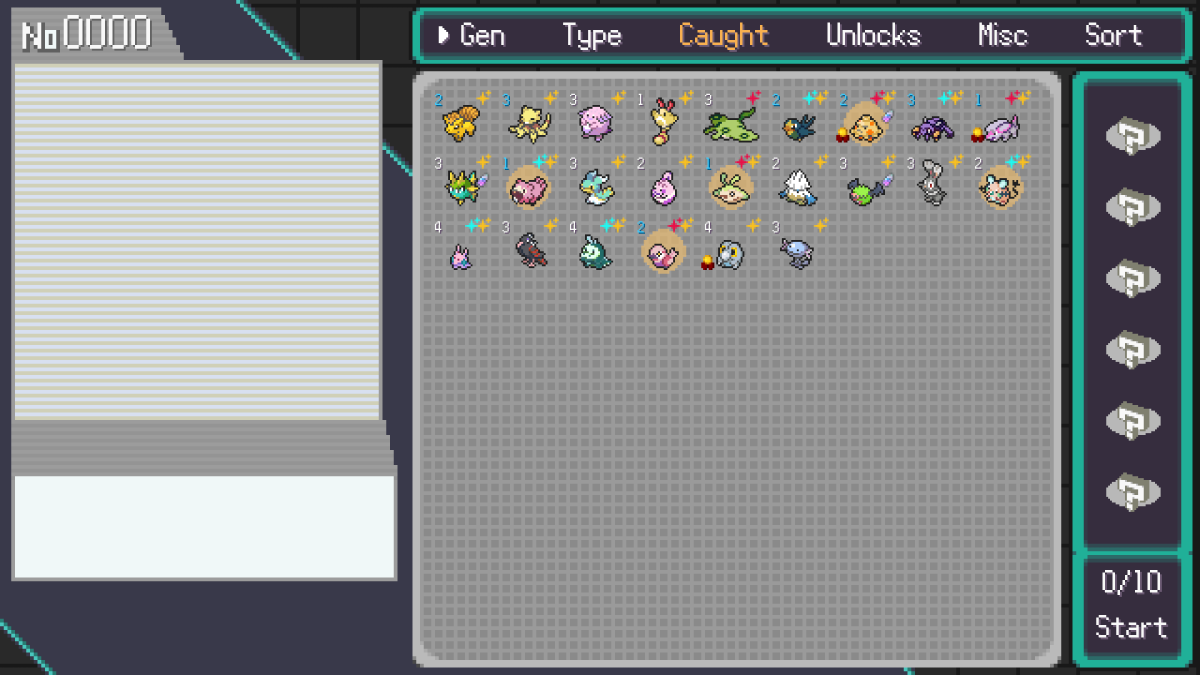A college sporting event can mean so much to certain people. It’s not just about the result of the game, it’s the atmosphere, bragging rights and giving people a reason to become part of something more than them.
What is often forgotten, as we parade around in our favorite college’s merchandise, is there are young athletes who work incredibly hard to make that passion of college sports actually happen.
Every UW-Eau Claire student athlete sits through an eligibility meeting at the beginning of the school year, and each of them are told being an athlete is a minimal 25 hours a week, and that’s excluding travel time. That is a huge commitment to train in order to perform at the highest level all while balancing school work and trying to maintain a social life.
I’m sure this scenario sounds eerily familiar to many students at Eau Claire. Many have a part time job that have a very similar time commitment and also find themselves trying to balance everything that makes a great college experience.
But the difference lies in compensation. While there is no doubt the time commitment is almost the same between a part and even a full time student worker and a student athlete, money is not.
Those in the part time jobs receive pay to help assist them in paying for college, where as athletes do not. In a debate recently developed inside the offices of the National Collegiate Athletic Association, I side on the idea of giving college athletes some compensation for what they do.
The NCAA is broken down into three divisions, and at Division III institutions, the category Eau Claire falls under, no athletic scholarships are awarded, so athletes have no benefits except simply participating in the sport they love.
Athletes have to pay tuition amounts which are the same as non-student athletes. And every sport requires, even if it is not in season, year round work to maintain the best competition shape possible.
Therefore, student athletes have no way of making money, and if they have to help their families pay tuition, it can lead to four years simply draining the athlete’s bank account. And because they aren’t able to work much year round, they are behind their fellow peers after their competition days have eluded them.
Think about how much athletics does for a college, even at Eau Claire. The bookstore is covered with Blugold athletic apparel I see being donned across campus by athletes, non-athletes, faculty and community members. We all have acquaintances who go to other Wisconsin or Minnesota schools, and we often compare the greatness of our schools through the athletic program.
And what do we as fans all cheer? We cheer a touchdown, a three-point basket, a goal or a home run delivered by a fellow student. What percent of the cut do they get from all of the merchandise, ticket and even food sales bought at their expense? Zero.
The famous Michigan basketball “Fab Five” brought the concept of athlete compensation to life. They were the first group of five freshmen to start a college basketball game together, and they also had a lot of antics on and off the court which made them some of the most popular players to ever play the game. They became rock stars who piggybacked the University of Michigan for the two years they were all together.
The NCAA has been quick to penalize schools which have players who illegally receive compensation. These “Fab Five” members were secretly paid under the table by a booster, and after the NCAA found out, they cohesively worked with the University of Michigan and forfeited all of their wins from the “Fab Five” era.
It is as if they never existed. But that is about as big of lie as saying it is warm in Eau Claire during the winter. They are still talked about today, not for their legality issues, but the way they played the game.
Jalen Rose, one of the five members, spoke up about the anti-pay policy. He said even though his school was paid for, he still needed money to buy clothes, groceries and toiletries.
He said he was a college kid and money was a hard thing to come by, as I’m sure most students in Eau Claire can attest to. He said it wasn’t fair he was seeing his jersey being sold all across the world, and some company or institution was gaining profit from his play, but not him.
So of course he and the rest of the “Fab Five” took money when they had to because they truly needed it for daily necessities.
Eau Claire athletes as well, as college athletes everywhere, have the same problem. The NCAA either needs to provide compensation for them or at least let private donors legally do it for them. After all, athletes are people, not selling objects.






